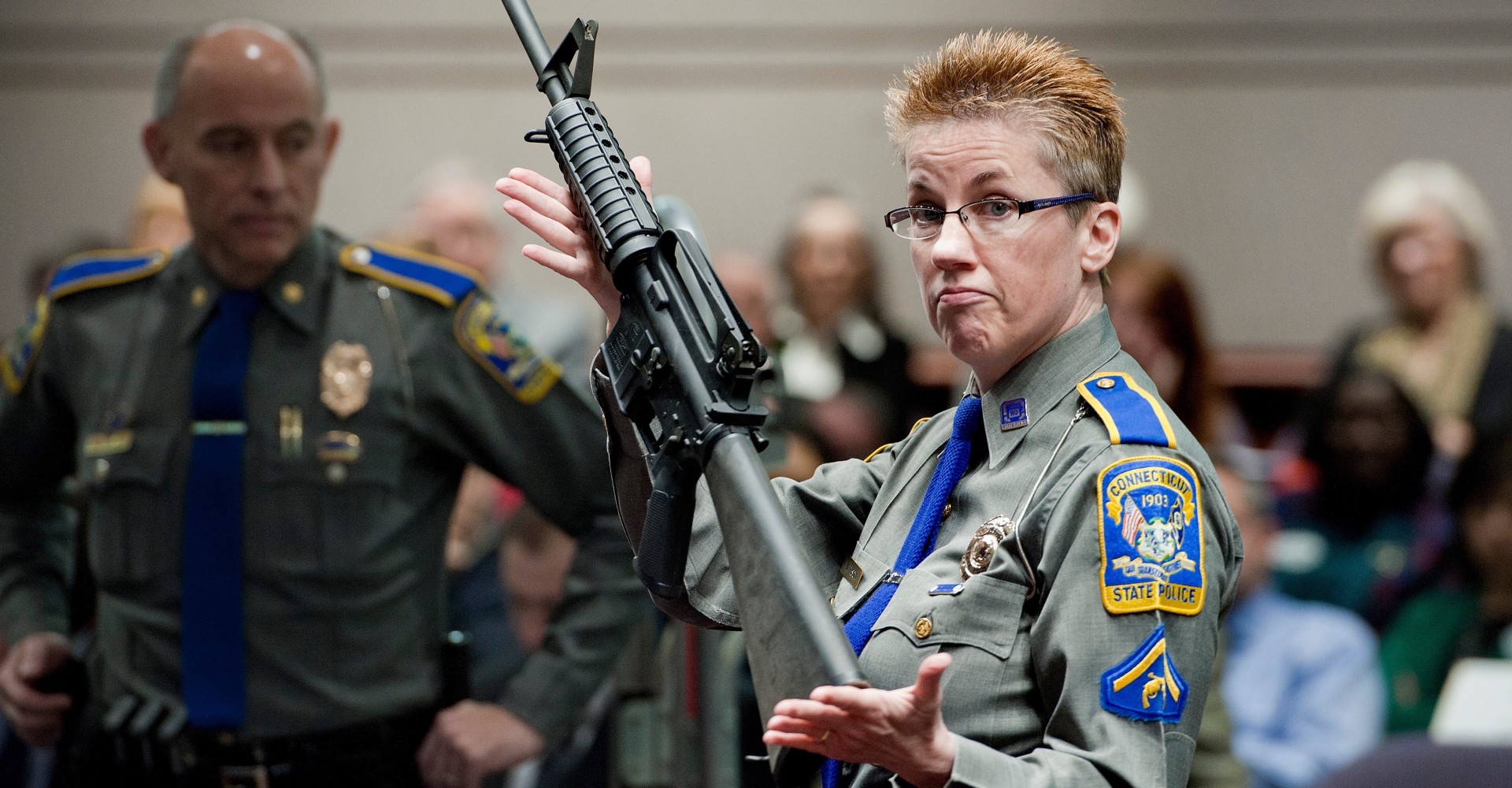What To Know Today
Remington subpoenas school records of five children, four teachers killed at Sandy Hook. The bankrupt gunmaker, whose Bushmaster AR-15 was used to kill 26 people in the 2012 shooting, made the request in a court filing this week in Connecticut court. It’s part of the yearslong legal case that nine families brought against the company for deceptive marketing of that weapon. The request asked for five childrens’ academic, attendance, and disciplinary records and four educators’ school records. In a response, a lawyer for families asked that their records be sealed: “There is no conceivable way that these children’s ‘application and admission paperwork, attendance records, transcripts, report cards, [and] disciplinary records,’ to name only some of the things sought by the subpoena, will assist Remington in its defense, and the plaintiffs do not understand why Remington would invade the families’ privacy with such a request,” the lawyer wrote. Last month, Remington offered Sandy Hook families nearly $33 million if they’d agree to settle before a looming trial.
Citing qualified immunity, court rules in favor of officer who shot 20 times at Black man erroneously connected to a crime. In 2014, police in Bessemer, Alabama, hit Marcus Underwood with several bullets when approaching his vehicle after mistakenly implicating him in a domestic violence call. The precise account of the events before the shooting remain a matter of dispute, but he later sued. On Thursday, the 11th U.S. Circuit Court of Appeals wrote that Underwood’s account of being shot amounted to a violation of his constitutional rights, but that even in that case the officers were shielded from Underwood’s lawsuit because of qualified immunity, which protects police from being sued for their actions on the job.
Federal law enforcement officers begin wearing body cameras under new DOJ guidance. Agents for the Bureau of Alcohol, Tobacco, Firearms and Explosives in Phoenix and Detroit were the first federal officers to use the equipment under new Justice Department policy for the ATF, FBI, the Drug Enforcement Administration and the Marshals Service to institute body camera policies for agents conducting preplanned arrests and any execution of a search or seizure warrants. “Law enforcement is at its most effective when there is accountability and trust between law enforcement and the community,” Attorney General Merrick Garland said.
Preventing gun violence by reaching people at the “vulnerable moment.” In a collaboration with Frontline, The Star Tribune looks at the growing movement for community-focused violence prevention in the year since George Floyd’s murder, a time when there was also persistently high violence in Minneapolis. “We’re dealing with a community that’s been shattered by every system,” says Farji Shaheer, co-founder of the Next Step hospital-based intervention program that aims to help gun violence victims escape cycles of retaliatory violence.
Attorneys for men charged in Ahmaud Arbery’s murder can’t use victim’s past troubles as evidence. The defense has sought to use the shooting victim’s past legal run-ins to help defend the actions of the three white men who drove after Arbery and then shot the 25-year-old. “The character of the victim is neither relevant nor admissible in a murder trial,” the judge argued this week. Related: A grand jury indicted a former prosecutor in the case for violating her oath of office by allegedly showing favoritism to two of the three defendants.
Data Point
524 — the number of homicides in Chicago this year as of Tuesday, which puts the city on pace to have the highest year-end total since 1996 — when there were 796 murders. Since this time last year, the number of homicides has increased by 3 percent. [WBEZ]

